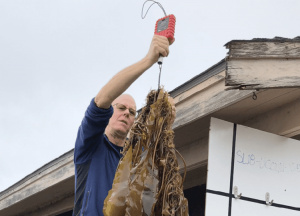
WHOI, WWF team up on seaweed farming research
The Woods Hole Oceanographic Institution and the World Wildlife Fund will test sugar kelp strains and measure the yield and quality of new strains.
The latest virtual GOAL conference session dissected the role of seafood production systems and how they perform in a changing climate.

The Woods Hole Oceanographic Institution and the World Wildlife Fund will test sugar kelp strains and measure the yield and quality of new strains.
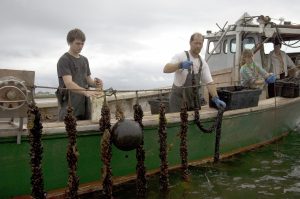
Concerned with pollution, the PEI Aquaculture Alliance swaps 87,000 Styrofoam buoys with a more sustainable option to curb shoreline waste.
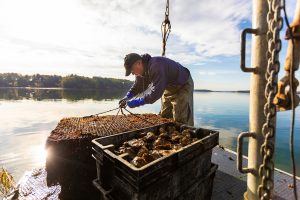
A report from The Nature Conservancy shows restorative or regenerative aquaculture can benefit ecosystems, marine animal habitats and biodiversity.
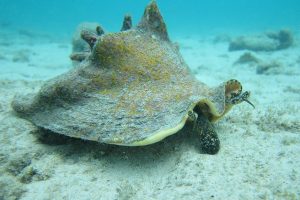
Dr. Megan Davis has written the book on culturing queen conch and will form a course to teach responsible practices to Caribbean communities.
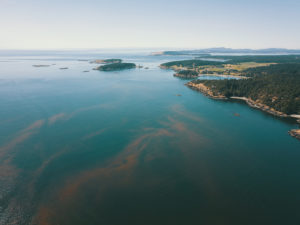
Emerging technologies could make it easier for fish farmers to detect and defeat harmful algal blooms, but expertise will yield best results.
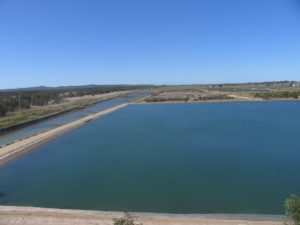
Prof. Boyd explores the commonly used and relevant aquaculture water quality terms biological and chemical oxygen demand (BOD and COD).
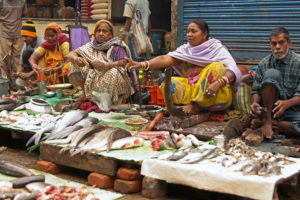
Aquatic foods can help to deliver resilient global food systems and to support critical periods of human development, a new UN paper determines.
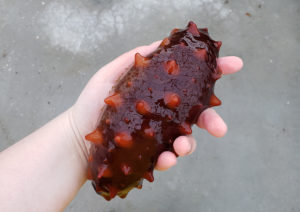
Researchers in Scotland, Sweden and Canada are exploring the potential of sea cucumbers, the squishy detritivores that can help clean up behind fish pens.
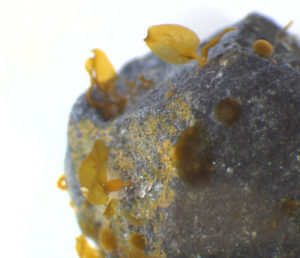
Researchers are growing kelp seedlings on ‘green gravel’ and then scattering them on the ocean floor, where they’ll hopefully anchor and flourish.
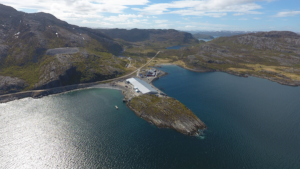
Bioretur converts aquaculture waste, or sludge, into fertilizer as demand for “circular economy” technologies grows.
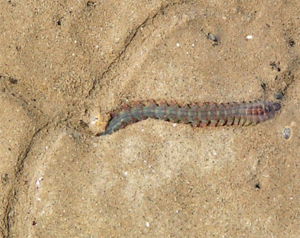
Evaluation of IMTA designs showed a single polyculture tank with ragworms and saltwort had best bioremediation performance and biomass production.
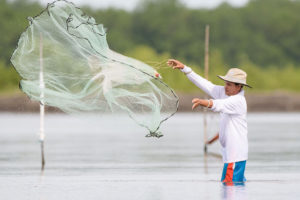
The aquaculture value chain can significantly reduce carbon emissions with innovations in feed, transportation and operations.
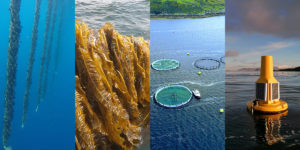
Integrated multitrophic aquaculture (IMTA) isn’t widely practiced in Europe but new findings indicate that farming multiple species on one site can work.
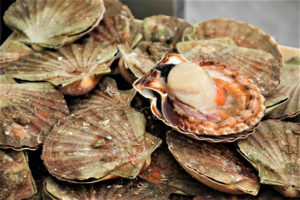
P. maximus could be a candidate for integrated multitrophic aquaculture, with potential to utilize small particles of uneaten salmon feed and fecal waste.
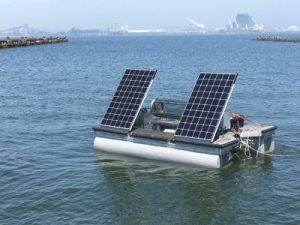
A look at three aquaculture companies that are figuring out how to solve their production problems by using solar power in innovative ways.